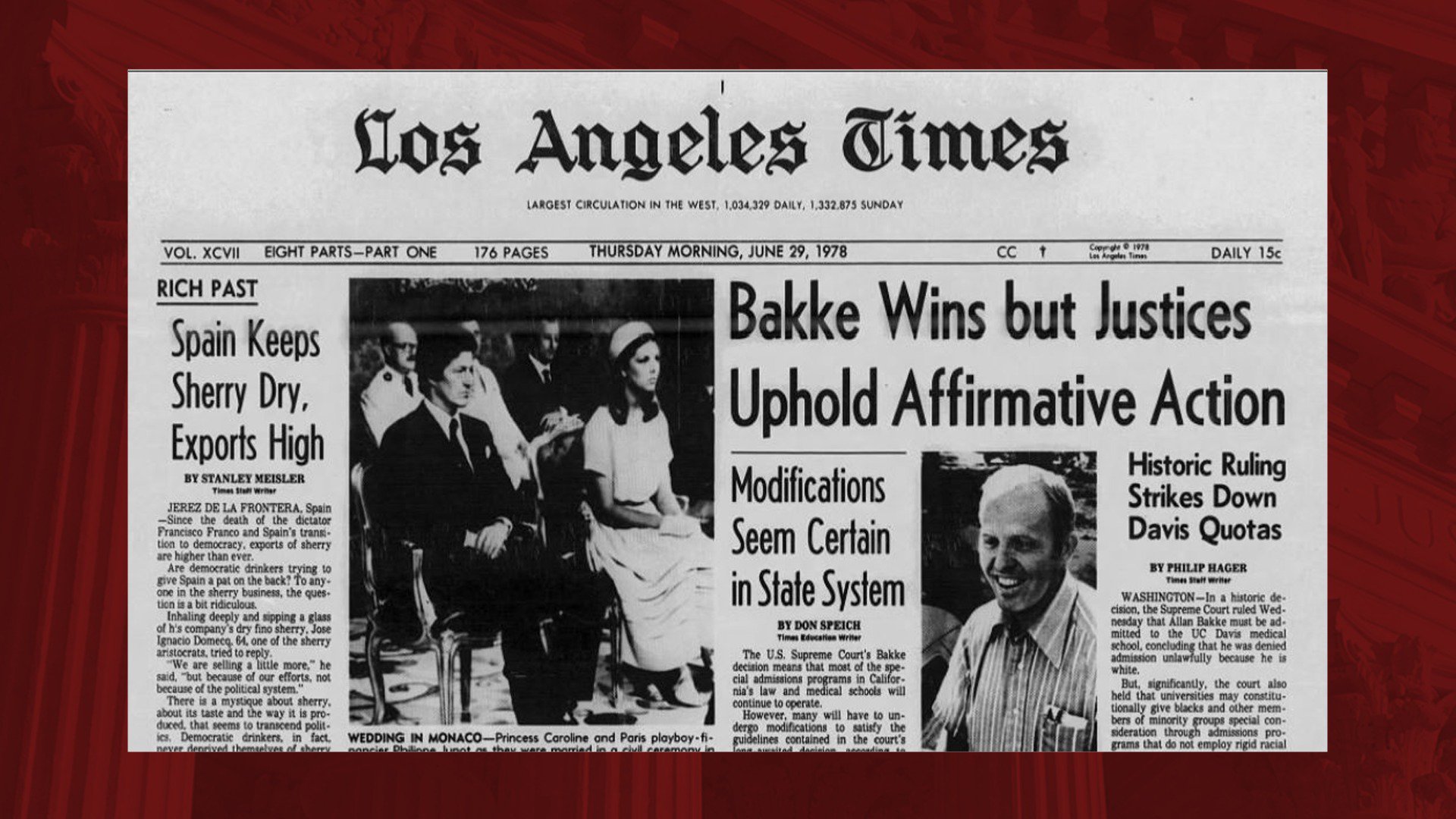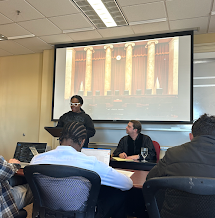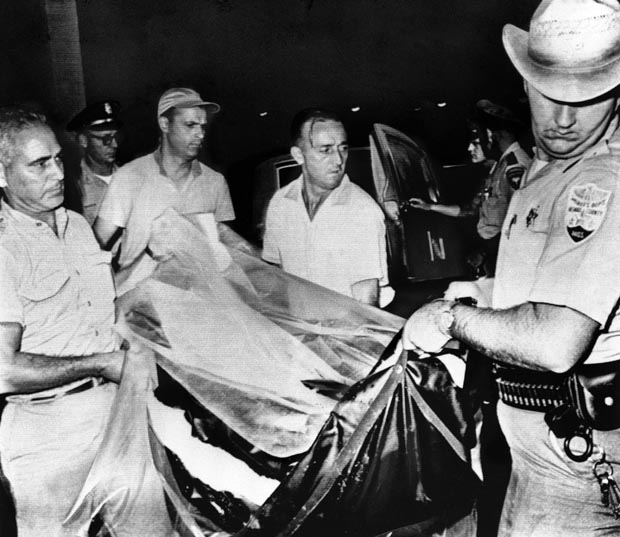The Board of Regents proposed their side first. At the beginning they addressed the systemic inequality of the time, how other schools like Clemson and Arizona State were showing a rise in their affirmative action programs. They said that affirmative action wasn't about punishing one specific group, yet it was a promise that the public institutions will strive to represent the diversity of the people.
One of the statements that still sticks with me to writing this reaction is about the diversity in the program. Creating diversity in the medical school ultimately helps the learning environment and atmosphere, in hopes of benefiting all students. This isn't intended to specifically put any group at a disadvantage, it simply wants to level the playing field for all individuals.
With that it mind, the program is ensuring that future doctors will be able to understand and serve patients of all walks of life. They're not just simply lowering the standards of their medical school, yet that are just enlarging the criteria.
Next up to the podium was the defendants of Bakke. Allan Bakke was a white individual who had applied to the University of California medical school, he had a great score on the MCAT exam, and on top of that had a higher GPA than others who had been admitted over him. This group argued that discrimination in any form against any person is wrong and is simply unconstitutional because of the 14th amendment.
The most qualified individuals should be trained and therefore when they enter the workforce, it will increase economic opportunity. Medical school is a highly competitive program to be admitted into, and as said during the trial, creating a less efficient medical market allows people who are unprepared to be treating patients to be put on the spot because they were only accepted for their race.
All in all, the judge decided at the end of the mock trial that neither side wins. He said that policies should be completely changed and that race is only one aspect of the entire process, but should be factored in with all other things.
This case was very interesting to learn from and hear argue in front of me. I think that both sides did a good job in presenting their view and how the case should be looked at. While in my eyes I would side with Mr. Bakke, I see how the judge made his decision and based on the information that was provided, I can also agree with him on how neither side should technically win.







